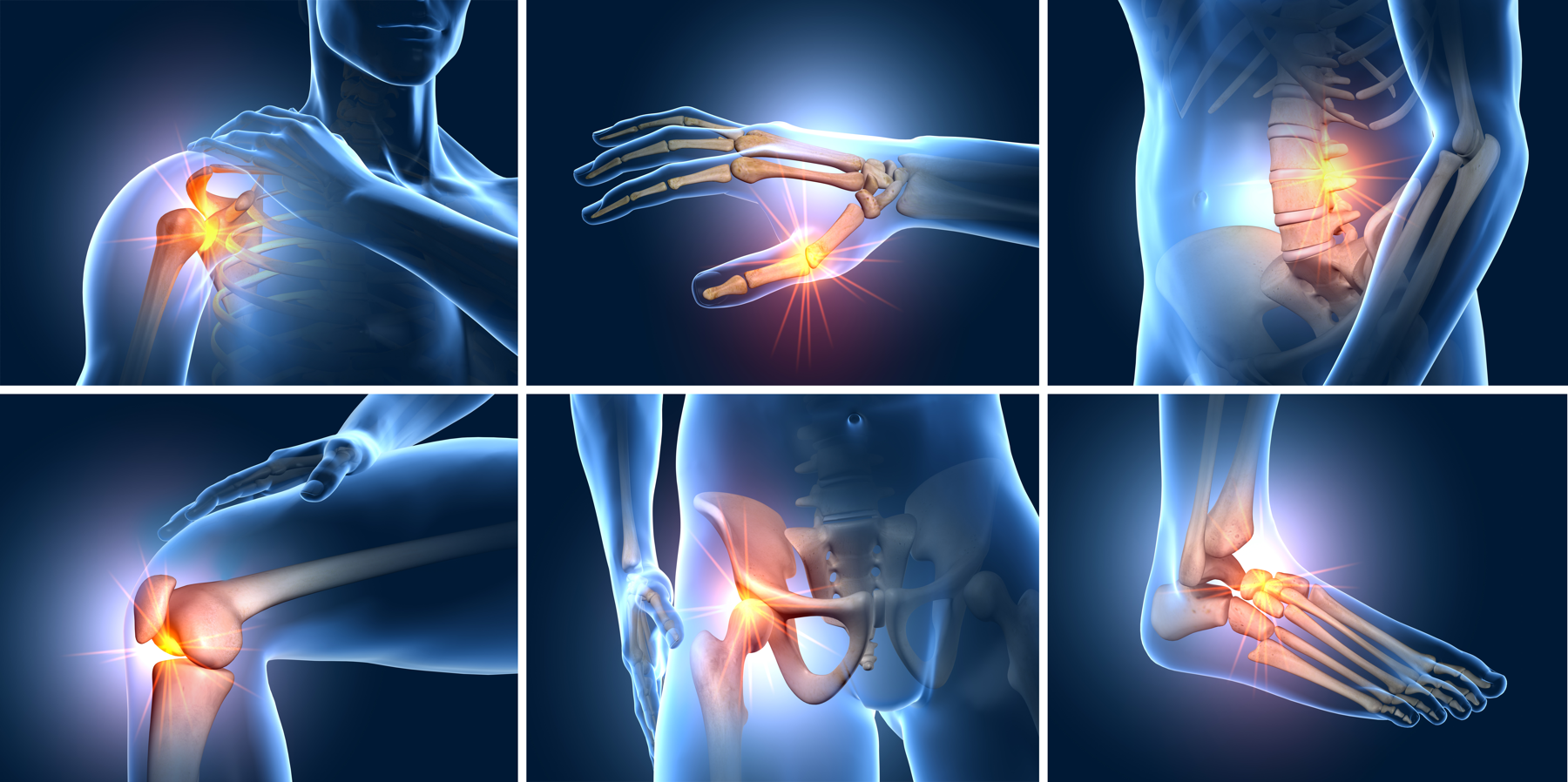ENSURING OPTIMAL MOBILITY FOR EVERY JOINT IN YOUR BODY!
Chiropractic has the incredible ability to restore the correct movement of spinal bones and relieve nerve irritation. It's not just the spine that can be affected though; other joints in the body can also lose their normal motion and position. By utilizing chiropractic techniques, not only can range of motion be improved, but painful inflammation can also be reduced. The best part? All of this can be achieved without the need for drugs or surgery!
The incredible benefits of chiropractic care extend beyond just the spine. In fact, virtually every joint in your body can experience fixations that hinder proper function and range of motion. Whether it's due to trauma, micro-traumas, vibrations, or repetitive motions, these joint problems can be effectively addressed through chiropractic care. So, whether it's your spine, jaw, shoulder, elbow, wrist, hip, knee, ankle, foot, or any other joint, chiropractic care can help restore optimal function and provide relief without the need for drugs or surgery.
Here's a fascinating fact: did you know that your joints, muscles, tendons, and ligaments all send valuable information to your brain? In fact, a whopping 80% of your brain's stimulation comes from this upstream information. It's truly incredible how interconnected our bodies are!
When the sensors in our tissues fail to provide complete and accurate information to the brain, it hinders the proper transmission of signals to the muscles responsible for controlling our body. This disruption activates pain nerves, and also causes abnormal muscle firing patterns and contractions. Put simply, when a joint is not functioning correctly, it fails to send the brain the necessary information that indicates movement in a specific direction. As a result, our body triggers a pain signal to grab our attention.
Read More




